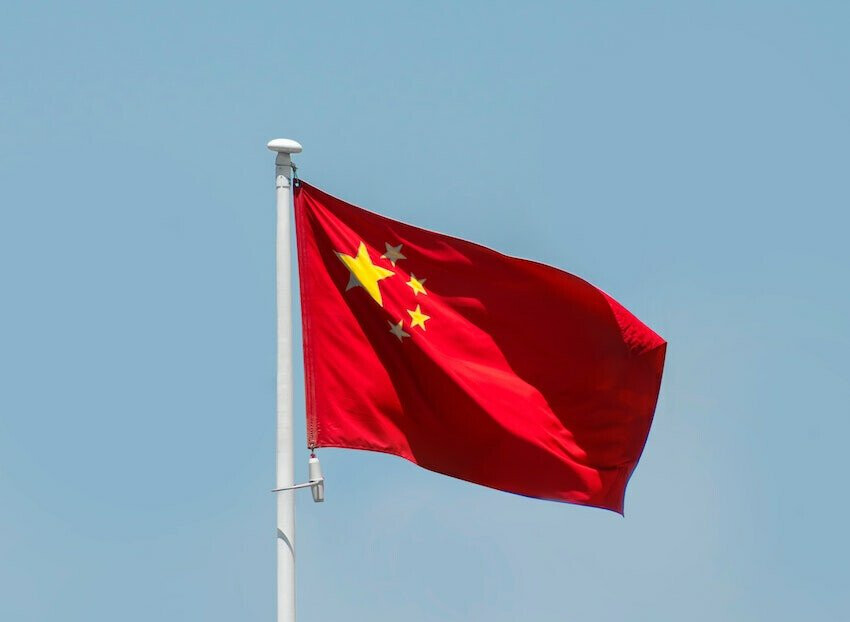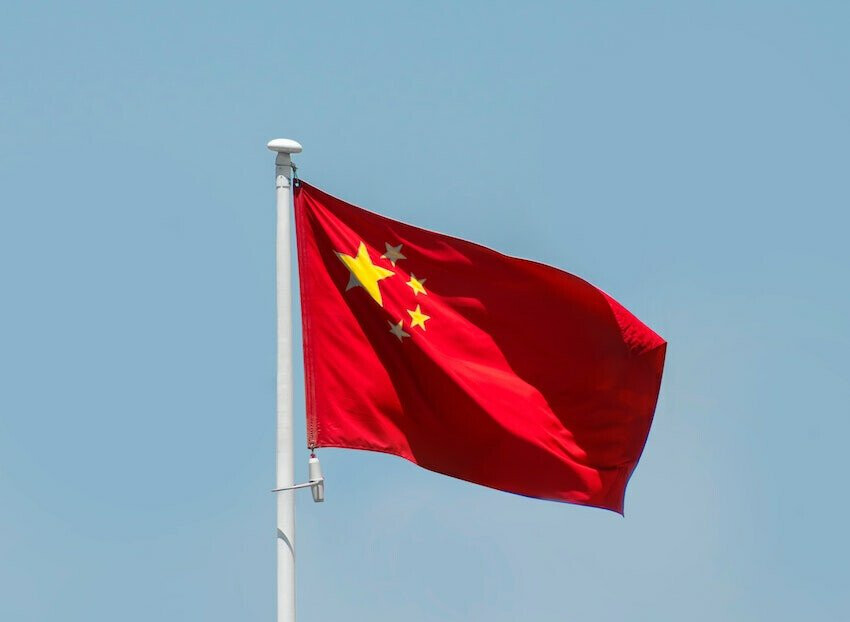China Wants To Implement Social Credit System With Digital IDs In The Metaverse

A new report suggests that China is pushing proposals aiming to transplant its traditional social credit system to the metaverse as it seeks to establish greater control.
According to Politico, the proposals were initially drafted by China Mobile, the state’s telecom provider termed the “Digital Identity System” for its citizens in the metaverse.
As discussions for global rules on emerging technologies hold sway, China is looking to push its views with experts at the International Telecommunications Union (ITU), the United Nations Telecom Agency.
The proposals hope to fuse natural characteristics with social characteristics that range from personal information including names, birth or facial features, occupation, etc adding that this information would be stored with law enforcement to “keep the order and safety of the virtual world.”
The controversial social credit system in the metaverse also includes ways to clamp down on notorious activities in the virtual world. It mirrors a user who “spreads rumors and makes chaos in the metaverse,” with authorities able to track the user to maintain order.
In light of new proposed policies, Western experts have warned against the actions of China that might lead to a government-controlled internet in the coming years.
Chris Kremidas-Courtney, a senior fellow at the Brussels Think Tank Friends of Europe, re-echoed many analysts’ views when he likened the proposals to the Chinese social credit system.
“To build a unified digital identity system, to give each human a unique digital ID that includes social characteristics from social media and occupation …that sounds a lot like China’s social credit system.”
China plans to put its foot in the ITU
For years, China’s public and private figures have sought to dictate the rhythm of the ITU, moves which have faced criticisms over its harsh implications.
A move to implement these has been described as too authoritarian as China continues to file more proposals to the ITU than the United States and Europe.
The ITU as a United Nations agency sets the rules for digital telecommunications structures worldwide. The agency launched its metaverse group in December 2022 as a consultative forum for intellectuals, non-academics, and big tech to help shape the virtual world as developments emerge.
Matt Sheehan opines that China is making a conscious attempt to take over the policies of the ITU adding that the country has body is the agency China has done the most damage.
“Chinese actors flood it with bad proposals, often because they get government subsidies for filing them. But the result is that [U.S. and European] technology companies just don’t pay attention to ITU standards anymore,” he added.
For Kremidas-Courtney, China is “playing the long game” to dictate the emerging standards of the ITU.
While most users have mulled over these proposals by China Mobile on July 5, it would be voted on at the next meeting slated to hold in Geneva in October.



